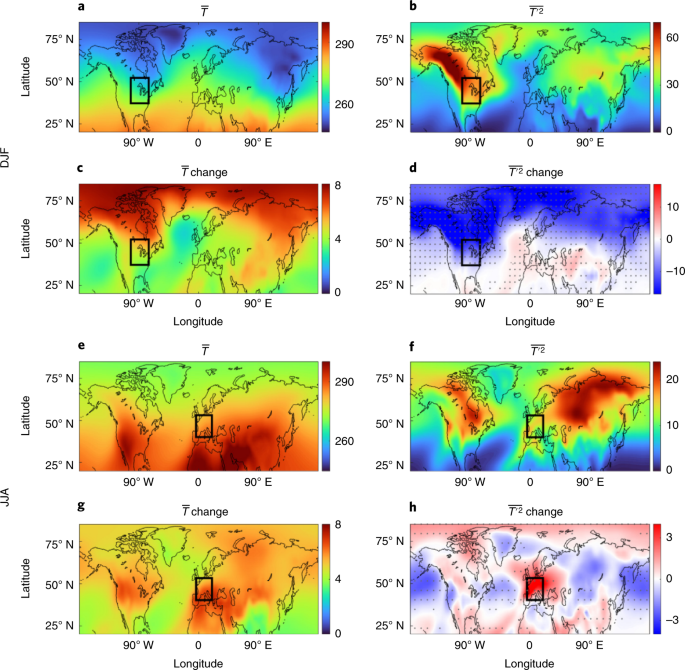One argument used against the warming effect of
carbon dioxide is that millions of years ago,
CO2 levels were higher during periods where large
glaciers formed over the Earth's poles. This argument fails to take into account that solar output was also lower during these periods. The combined effect of sun and
CO2 show good correlation with
climate (
Royer 2006). The one period that until recently puzzled paleoclimatologists was the late Ordovician, around 444 million years ago. At this time,
CO2 levels were very high, around 5600 parts per million (in contrast,
current CO2 levels are 389 parts per million). However,
glaciers were so far-reaching during the late Ordovician, it coincided with one of the largest marine mass extinction events in Earth history. How did glaciation occur with such high
CO2 levels? Recent data has revealed
CO2 levels at the time of the late Ordovician
ice age were not that high after all.
Past studies on the Ordovician period calculated
CO2 levels at 10 million year intervals. The problem with such coarse data sampling is the Ordovician
ice age lasted only half a million years. To fill in the gaps, a 2009 study examined strontium isotopes in the sediment record (
Young 2009). Strontium is produced by rock weathering, the process that removes
CO2 from the air. Consequently, the ratio of strontium isotopes can be used to determine how quickly rock weathering removed
CO2 from the
atmosphere in the past. Using strontium levels, Young determined that during the late Ordovician, rock weathering was at high levels while volcanic activity, which adds
CO2 to the
atmosphere, dropped. This led to
CO2 levels falling below 3000 parts per million which was low enough to initiate glaciation - the growing of
ice sheets.
Last week, another study headed by Seth Young further examined this period by extracting sediment cores from Estonia and Anticosti Island, Canada (
Young 2010). The cores were used to construct a sequence of carbon-13 levels from rocks formed during the Ordovician. This was used as a
proxy for atmospheric
CO2 levels, at a much higher resolution than previous data. What they found was consistent with the strontium results in
Young 2009 -
CO2 levels dropped at the same time that sea
surface temperatures dropped and
ice sheets expanded. As the
ice sheets grew to cover the continent, rock weathering decreased. This led to an increase in atmospheric
CO2 which caused global warming and a retreat of the
glaciers.
One argument used against the warming effect of carbon dioxide is that millions of years ago, CO2 levels were higher during periods where large glaciers formed over the Earth's poles. This argument fails to take into account that solar output was also lower during these periods. The combined...
skepticalscience.com

